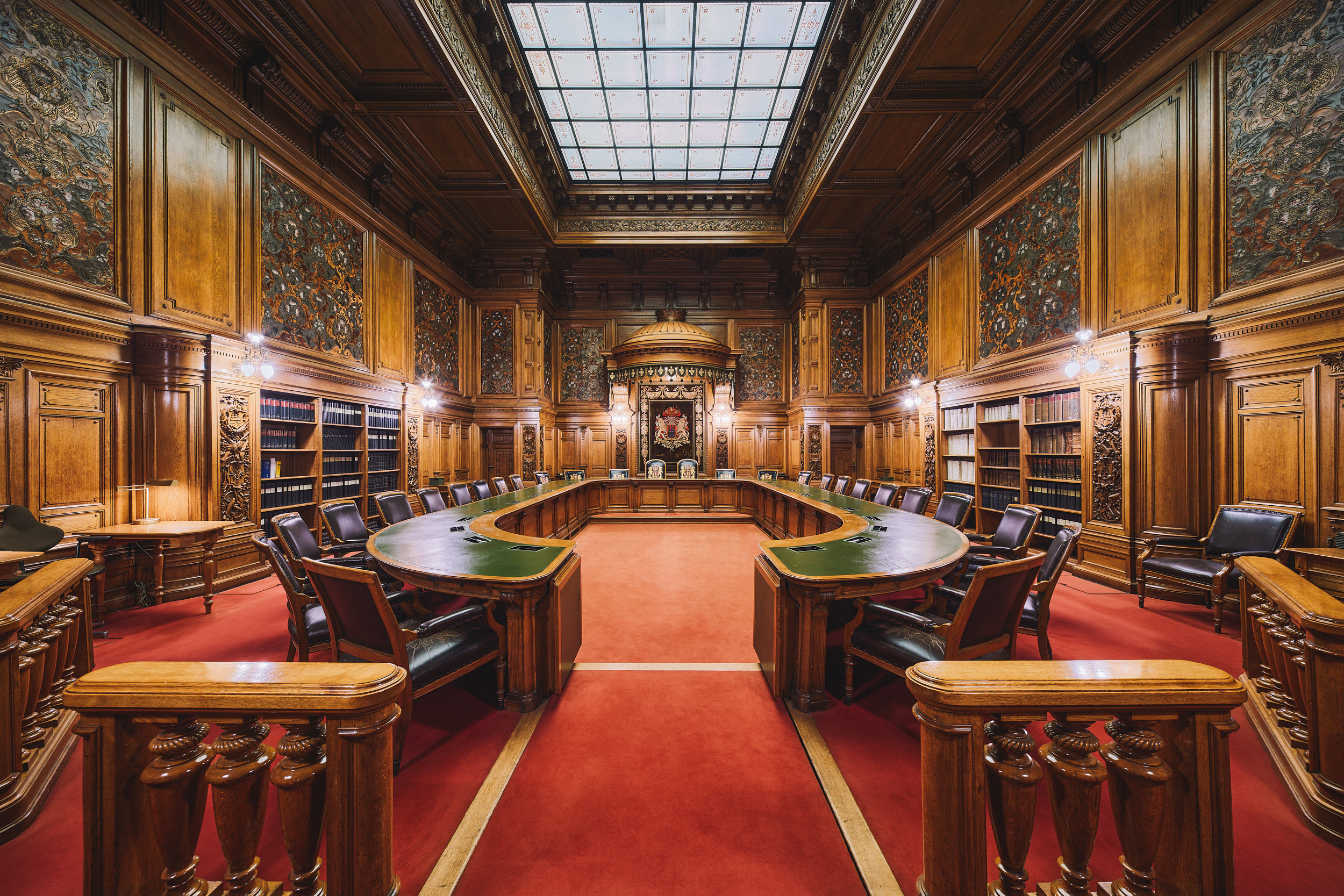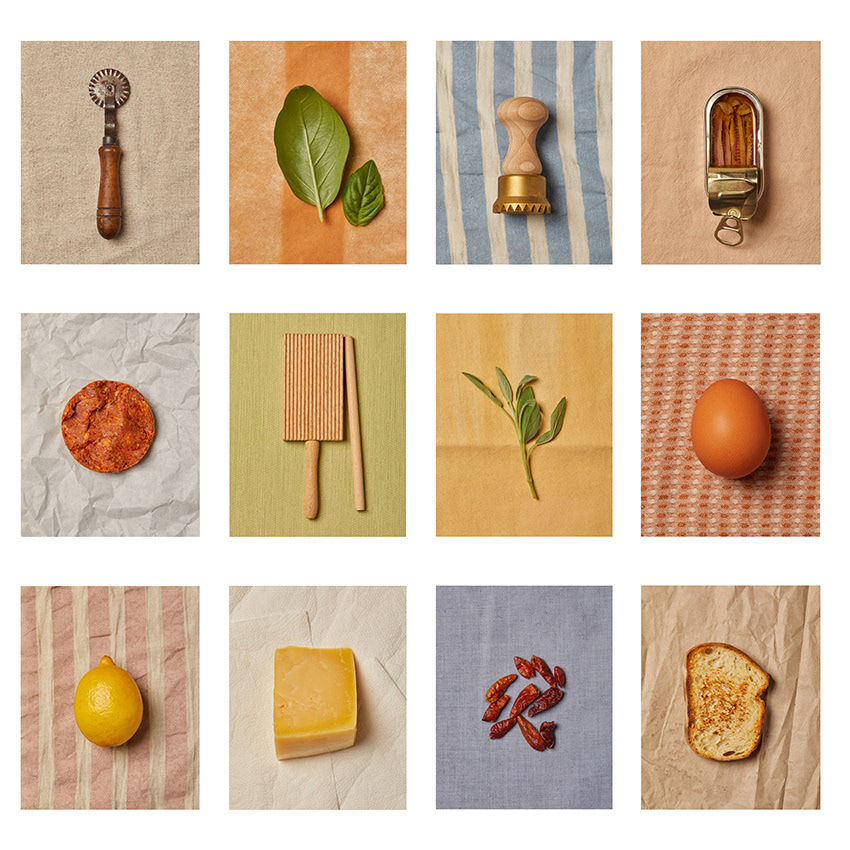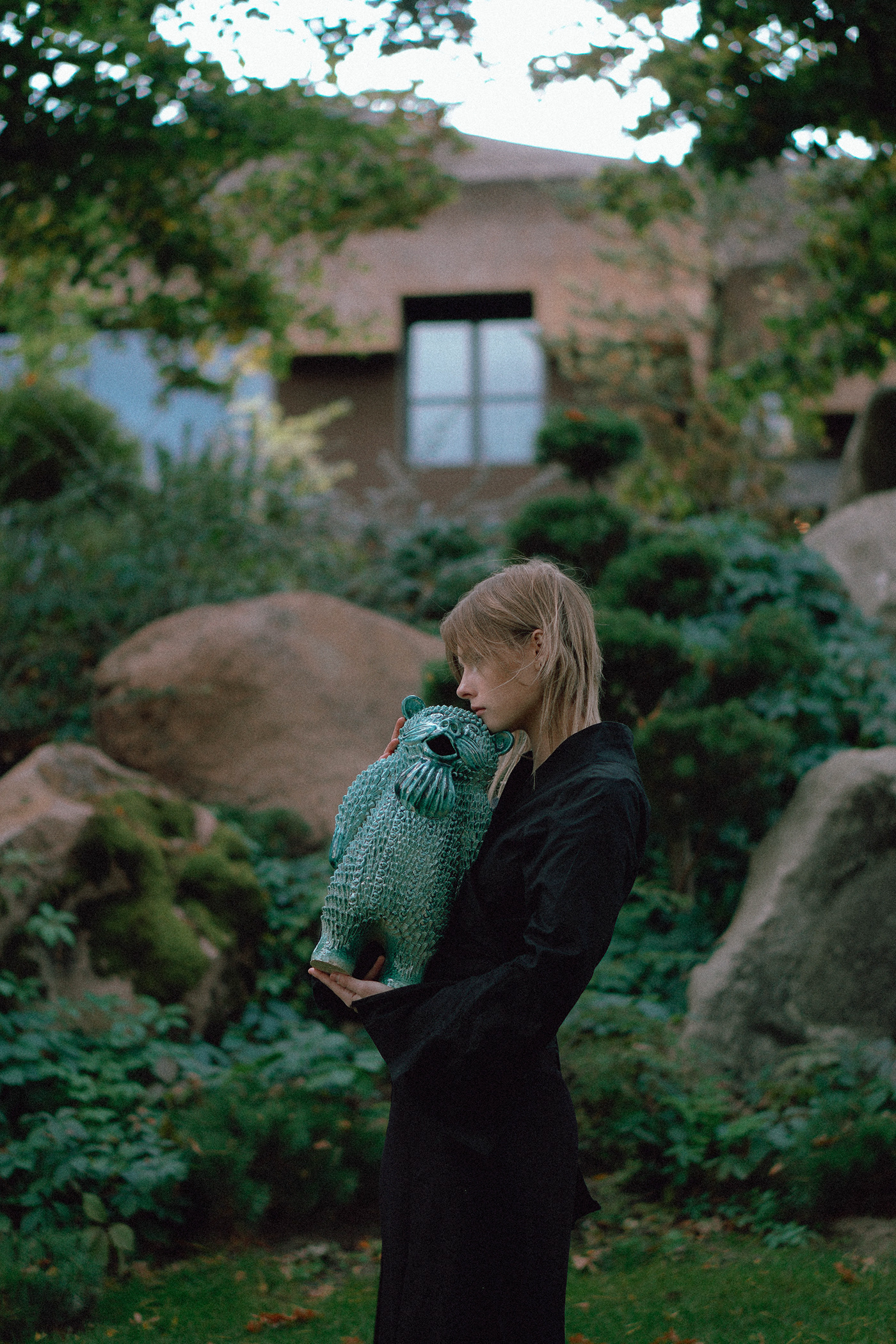
D I D O
They keep telling us: “Ceramics doesn’t have a heart. Ceramics can’t talk. It is dead”.
We reply confidently and honestly: “Ceramics is more alive than people”.
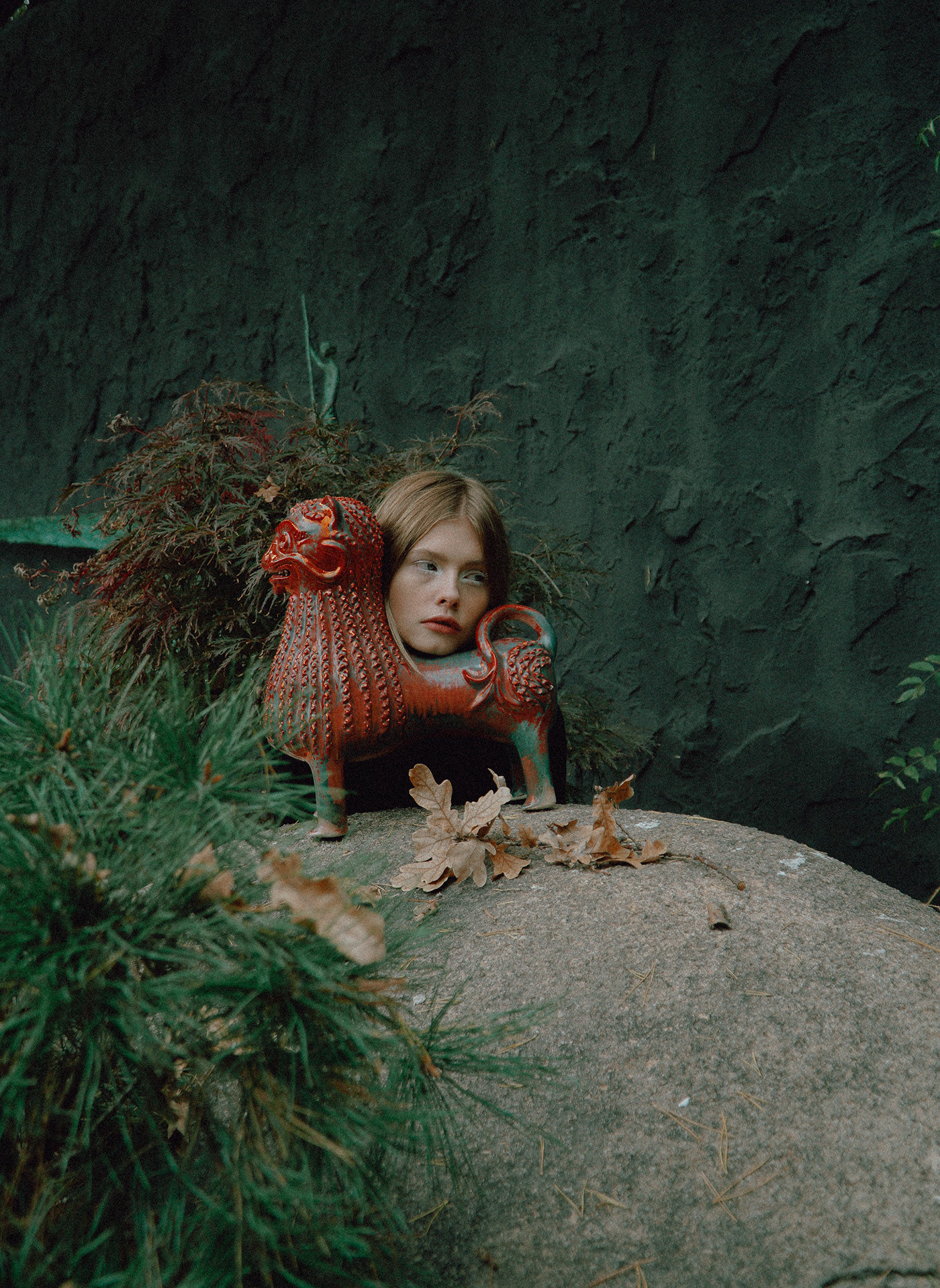
Let us explain why
A collection of zoomorphic ceramics “DIDO” was born in Kyiv, Ukraine in the workshop of Sergey Makhno. The family became so big, it was scattered all around Ukraine. A ceramic set “DIDO. The Carpathians” lives in the Lanchyn village and consists of 10 members: Dido Vasyl, Dido Mykhas, Dido Pylyp, Ovva!, Tatysho, Liubchyk, Dunia, Afanasiy, Gaida, and Musia. They are bears — the owners of the waters, lions — the guards of the time, and sheep symbolizing fear and its overcoming.
Every hero is a separate story
Every story is a glorification of Ukrainian traditions. They tell us about life in the Carpathians: pastures and forest beasts, trembita, lizhnyks, and valylos, about pottery and bee yards, about bread baking, banosh, and mushroom soup, about woods, rivers, mountains, and meadows.
A ceramic set “DIDO. The Carpathians” is a contrast between the being predicate and sentimental.
These stories let us meet our fears and dreams in order to understand where to go.
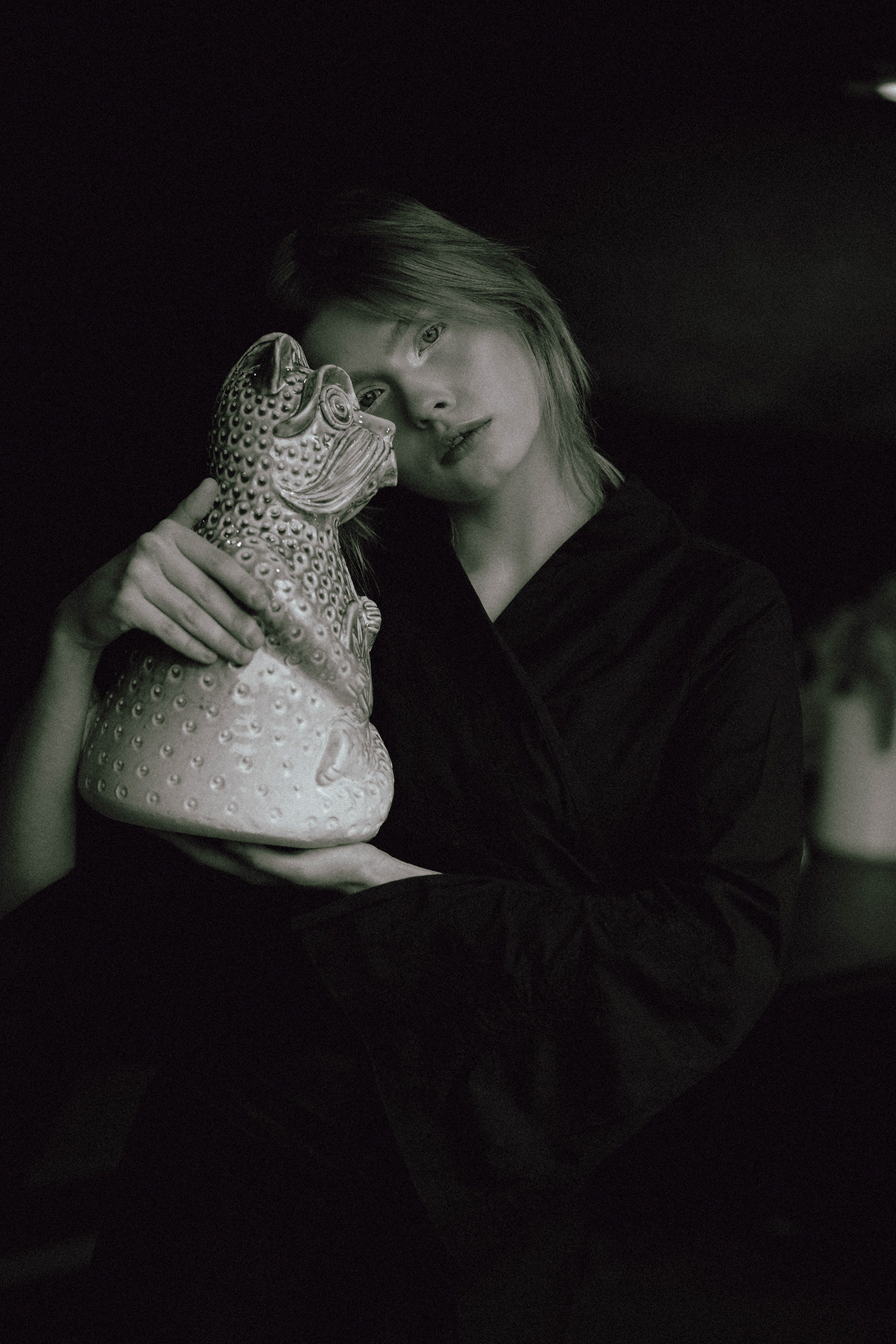
Technique
Every ceramic item is a handmade artwork made by an artist following the sketches of Sergey Makhno.
Sculpturing, glazing, and burning of one item takes from 2 to 4 weeks of work.
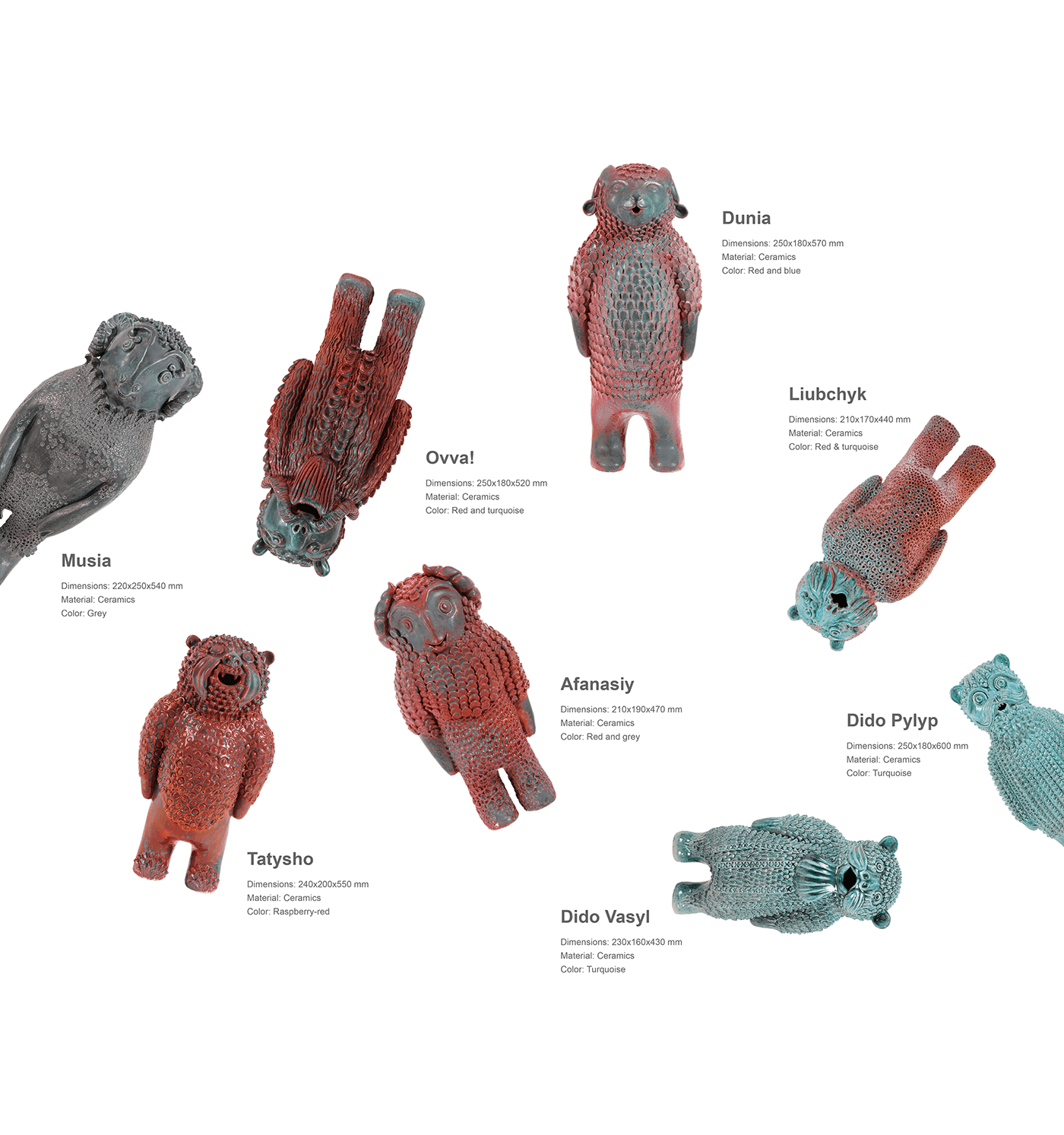

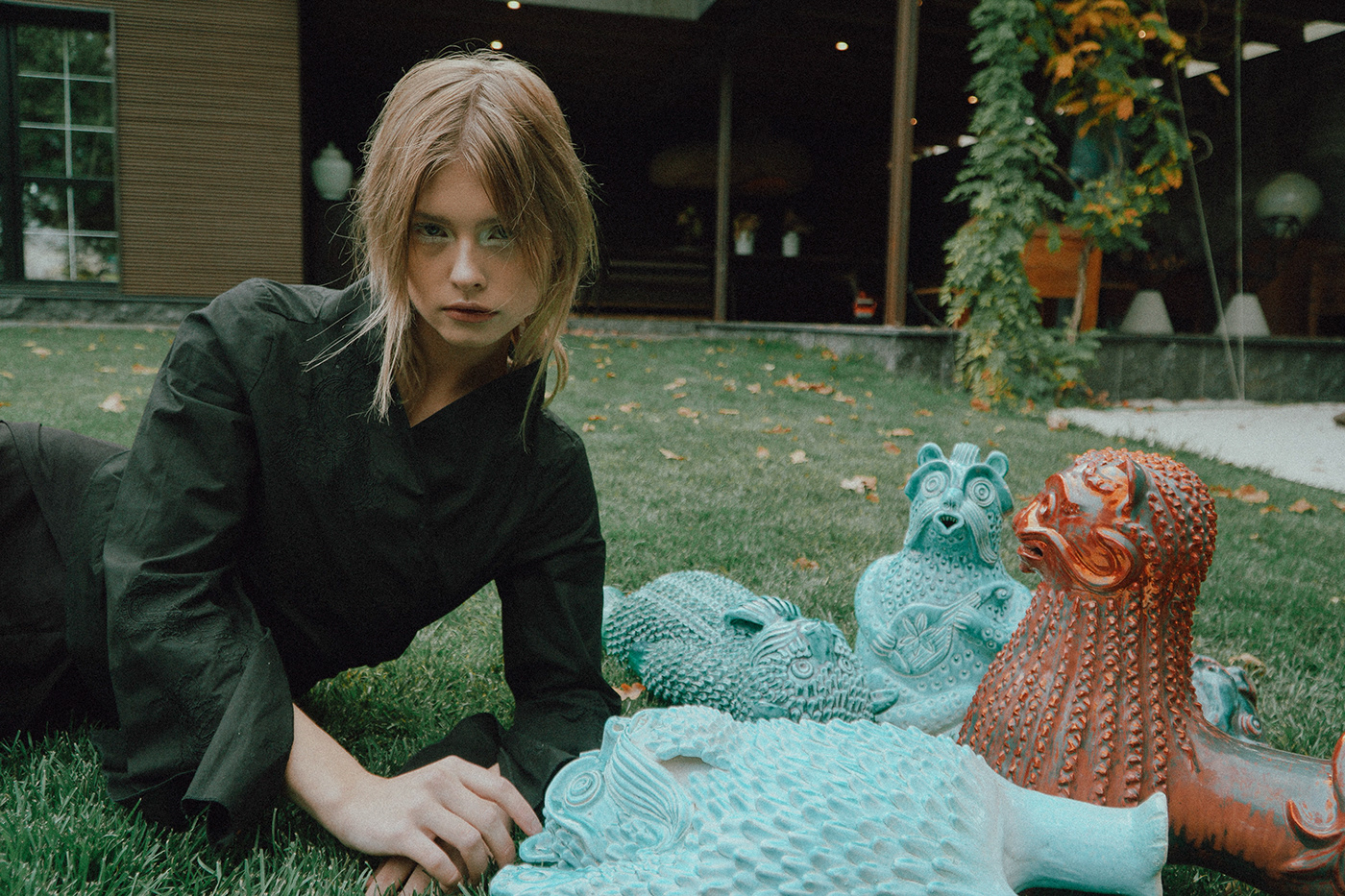
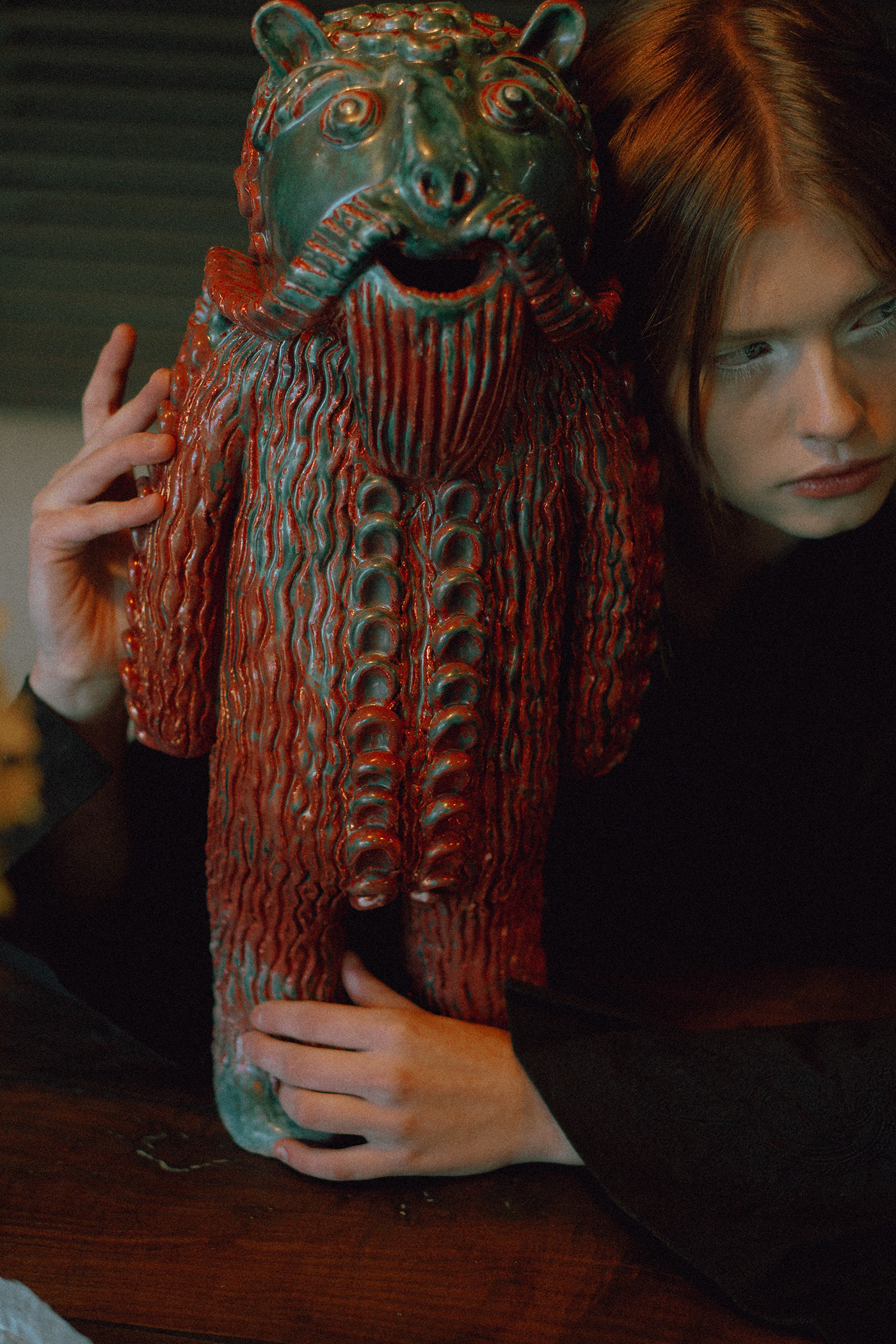
Story
part 1
Musia
Musia doesn’t like to leave the barn with other sheep. Musia always falls and rolls down the meadows, then she needs to come back to her stock in order to not get lost in the Carpathians woods. She knows all the ways back: the one across the river, and hill, and the Yavirnyk mountain. Musia has a secret — she loves to get lost after she has fallen. In her wanderings, she has already met a mustached laughing bear, a blushing Lembyk at the river, and even Dido Pylyp with trembita. Yet every time Musia comes back to have another chance to roll down the adventures.
Tatysho
Every time when Dido Vasyl tells his stories, everyone shout “Ta ty sho!”, which is a Ukrainian way to say that something sounds unbelievable. One story makes people say that all the time. It’s a story about the bear that laughed.
Tatysho
Every time when Dido Vasyl tells his stories, everyone shout “Ta ty sho!”, which is a Ukrainian way to say that something sounds unbelievable. One story makes people say that all the time. It’s a story about the bear that laughed.
Once upon a time, at the market, Dido Vasyl heard a joke. It was so funny that Dido threw the bags on the shoulders and ran to his friends to tell them the fresh piece of national humor. He met them at the forest and started to tell Didos the joke in a stuffed up way after a long run. But his friends didn’t hear it properly and sat in silence. Dido Vasyl got disappointed — such a nice joke went to waste! Suddenly, he heard the giggle from the forest. Dido turned around and saw a mustached laughing bear. “Well, at least someone liked it” — Dido Vasyl said to himself, picked up his bags and hot-footed to the village leaving behind terrified Dido Pylyp and Dido Mykhas, running at the meadow.
Ovva!
Old people say that somewhere among the Carpathians woods there is an open-mouthed bear that gets astonished at everything. Several times he was seen sitting at the river bank watching the dance of the fish jumping from under the water. Also, he was noticed at the bee yard of Dido Pylyp — the bear was sitting among the beehives, staring at the bees collecting nectar from the flowers. Several times approached the men sitting around the bonfire and listened to their stories about the forest creatures. That’s why they called the bear “Ovva!” which is a Ukrainian way to say “I can’t believe it!”. Because people have never seen a living creature that would get so astonished with everything around.
Afanasiy
Afanasiy loves to sit at the barn and listen to Dido Pylyp playing trembita — a national Carpathians music instrument. It reminds Afanasiy of a young pipe tree body — it’s also very thin and long, but also it sings. Dido Pylyp is playing trembita every time when someone in the village is born, gets married, or dies. Often you can hear when someone in the mountains is playing back to Dido Pylyp’s trembita — that is the shepherd who gives to know where his sheep stock is feeding. Afanasiy always listens to that sound, because it is a stock of his. And then he rolls out to the valleys to tell his brothers and sisters about the songs of today's trembita.
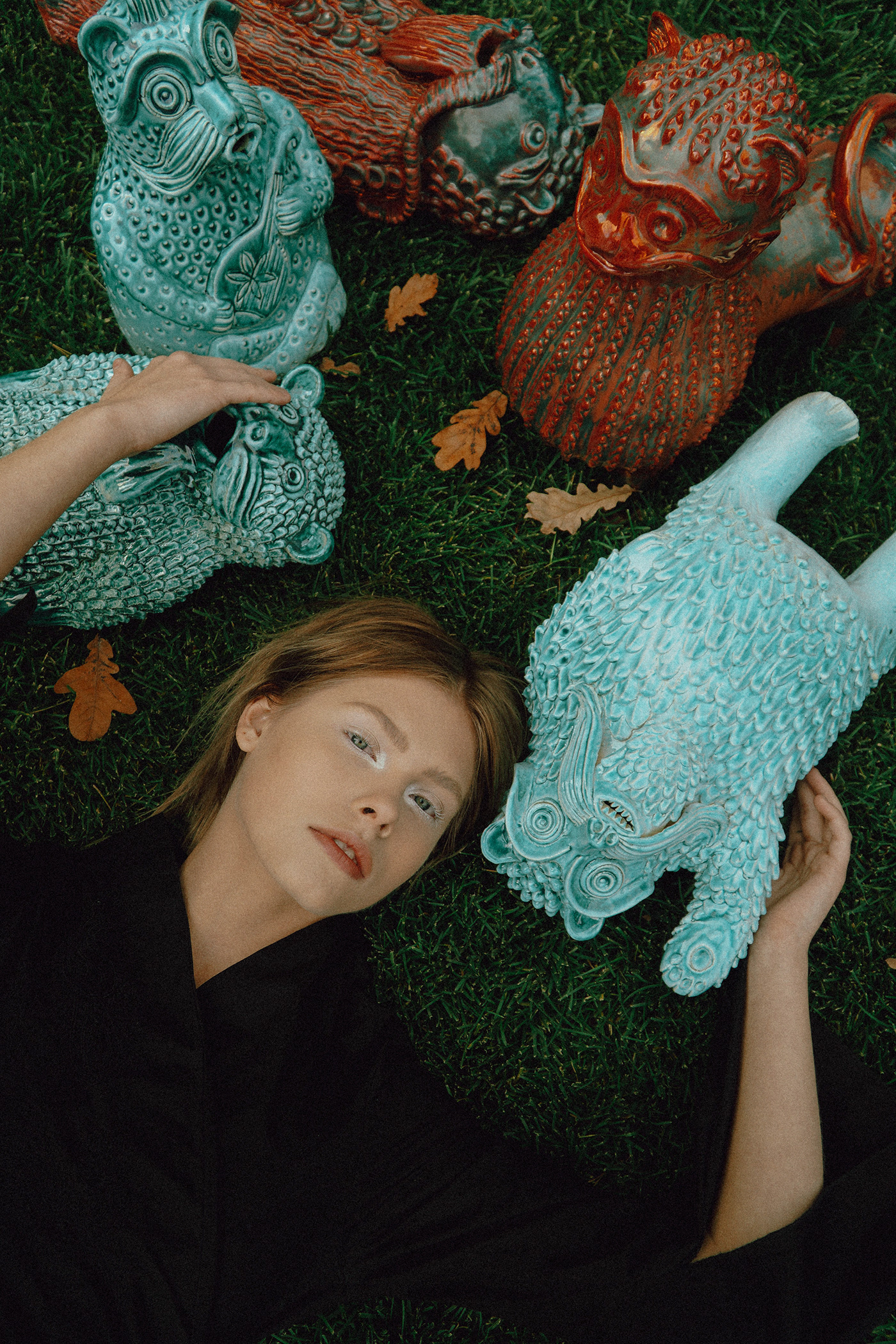
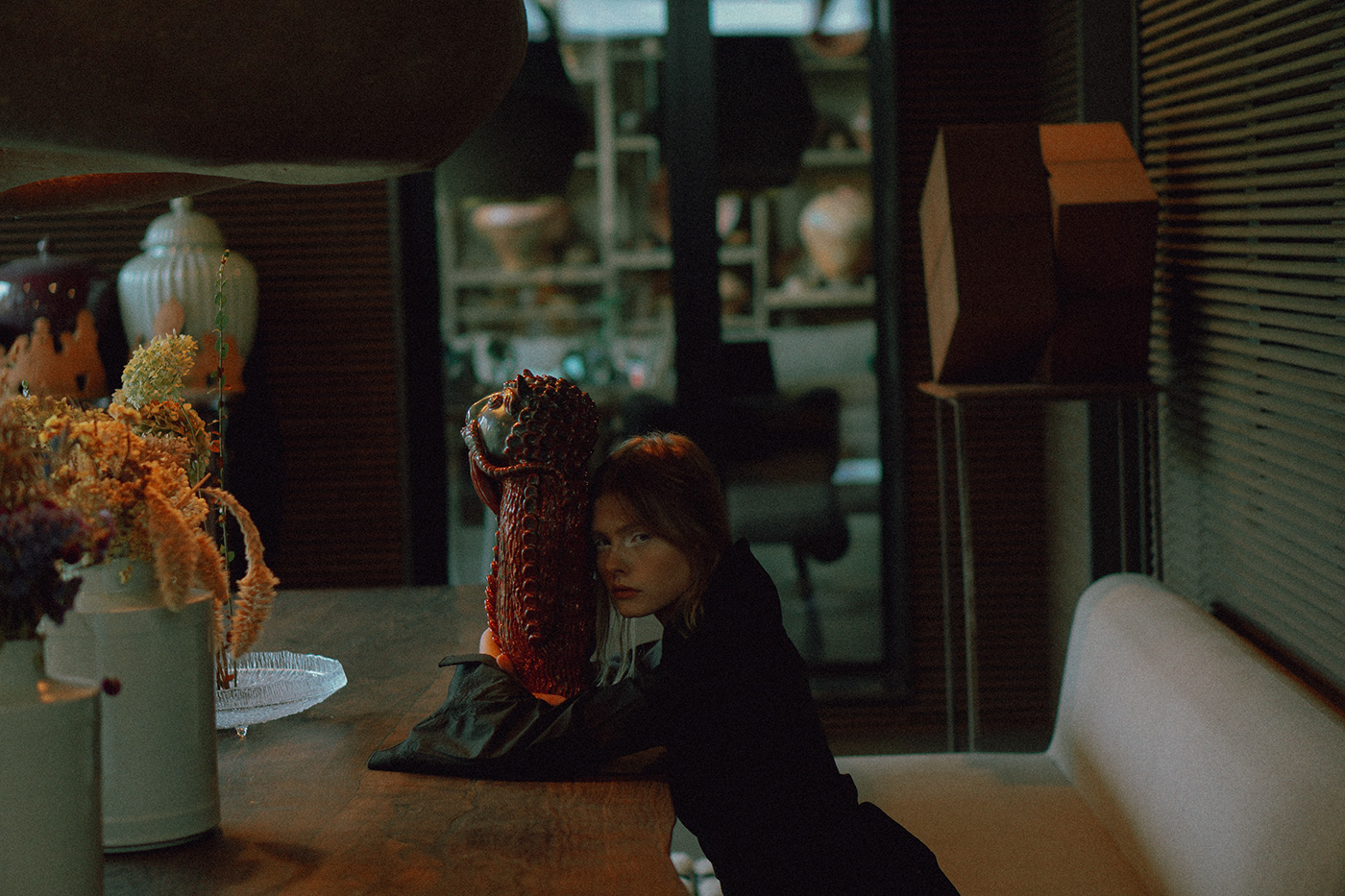
Story
part 2
Dido Vasyl
Every morning, Dido Vasyl goes to the cowhouse to feed his livestock. He pets every animal, and in response, they lick his hand and swish their tails waiting for the cowhouse gates to be opened and the world wrapped in the meadows met them with the sleepy sunbeams. Dido Vasul obeys — goes to the doors, pushes away the bolt, and lets the light enter the cowhouse, watching how the animals one by one are leaving in their round-shouldered reddish beauty. Every morning Dido Vasyl meets his friends: Dido Mykhas and Dido Pylyp. They take cold milk, a loan of bread and go right to the bench under the apple tree to listen in admiration to the buzzing of the bees.
Dunia
Dunia is a very wise sheep. While others are scattering around the sun-kissed meadows, Dunia is patiently waiting for the night. When the sun falls behind the horizon, she allows herself to be dreamy — she approaches the only window in the barn, looks into the sky and watches the stars. She adores looking how they embrace the darkness of the night, how they fall somewhere into the mountains and shimmer as if a big night city lies right in the sky. Dunia loves it above all. And why isn’t it allowed to walk among the meadows in the night?
Liubchyk
Liubchyk is a godfather of Dido Mykhas children and the best bread-maker in the Carpathians. Liubchyk bakes the bread following a recipe of his nanny that gave him way a secret ingredient. First of all, you need to add the spring water to the whole-wheat flour and mix it for 5 days, constantly adding water, salt, and syrup. In the end, you have the dough that makes the bread taste like clouds in the sunny days — sweet and tender. And a secret ingredient is a look full of admiration. It has to appear every time when Liubchyk peeps into the oven to see the magic of bread baking.
Dido Pylyp
Every evening after working in the bee yard, Dido Pylyp comes to his workshop to sculpture some jars. Evening clay is especially flexible and soft like the play dough in the chubby kids' hands. That’s why Dido Pylyp is amusing himself — his hands are sliding among the clay, now you can see the curves, the round form, and a tall silhouette of the jar. Soon, it will serve for Dido Pylyp and his friends to drink some cold milk on the bench under the apple tree. And here they are — Dido Vasyl and Dido Mykhas. They’ve got the violin and the pipe — tonight they will be dancing in the garden.
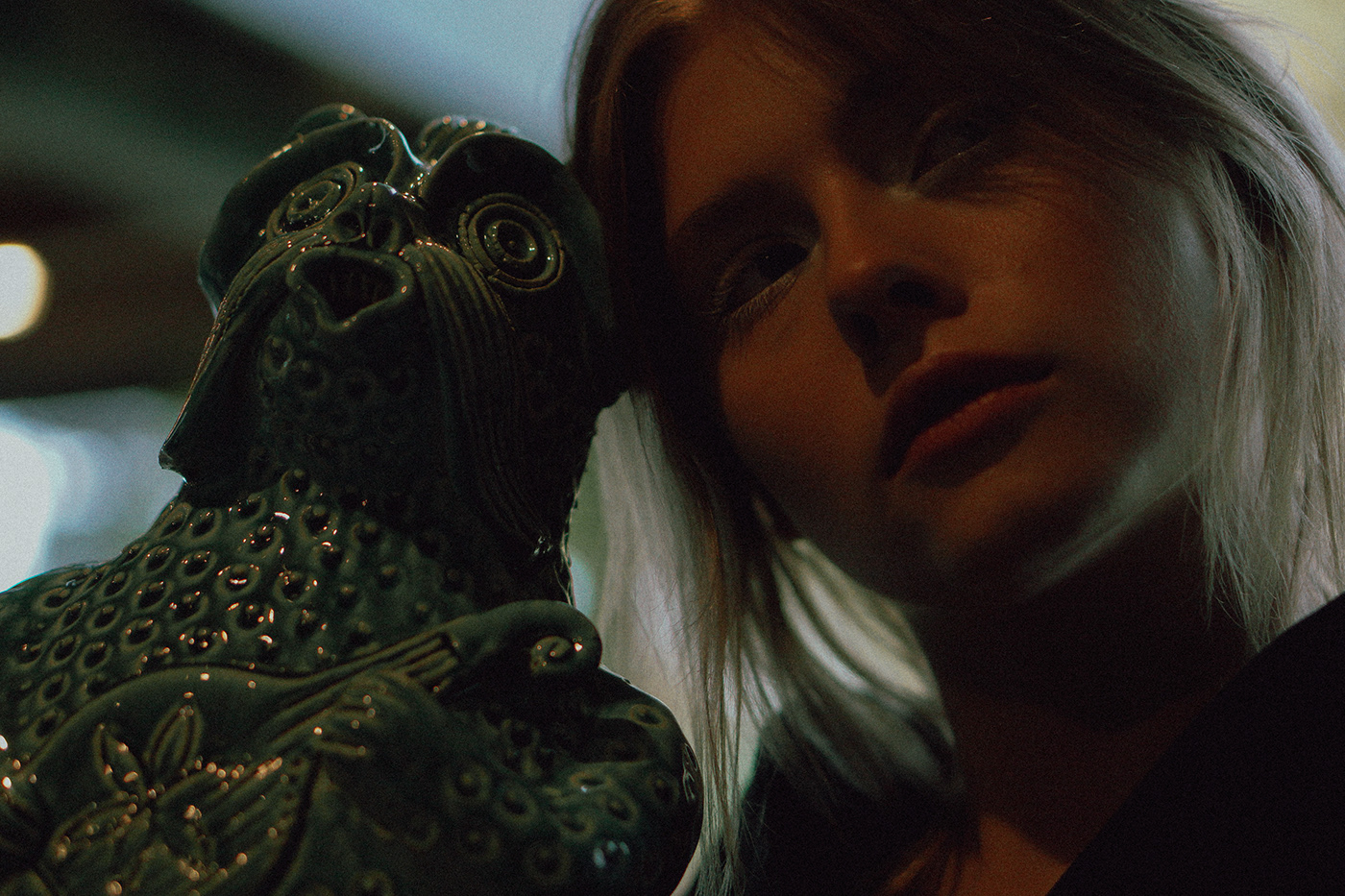
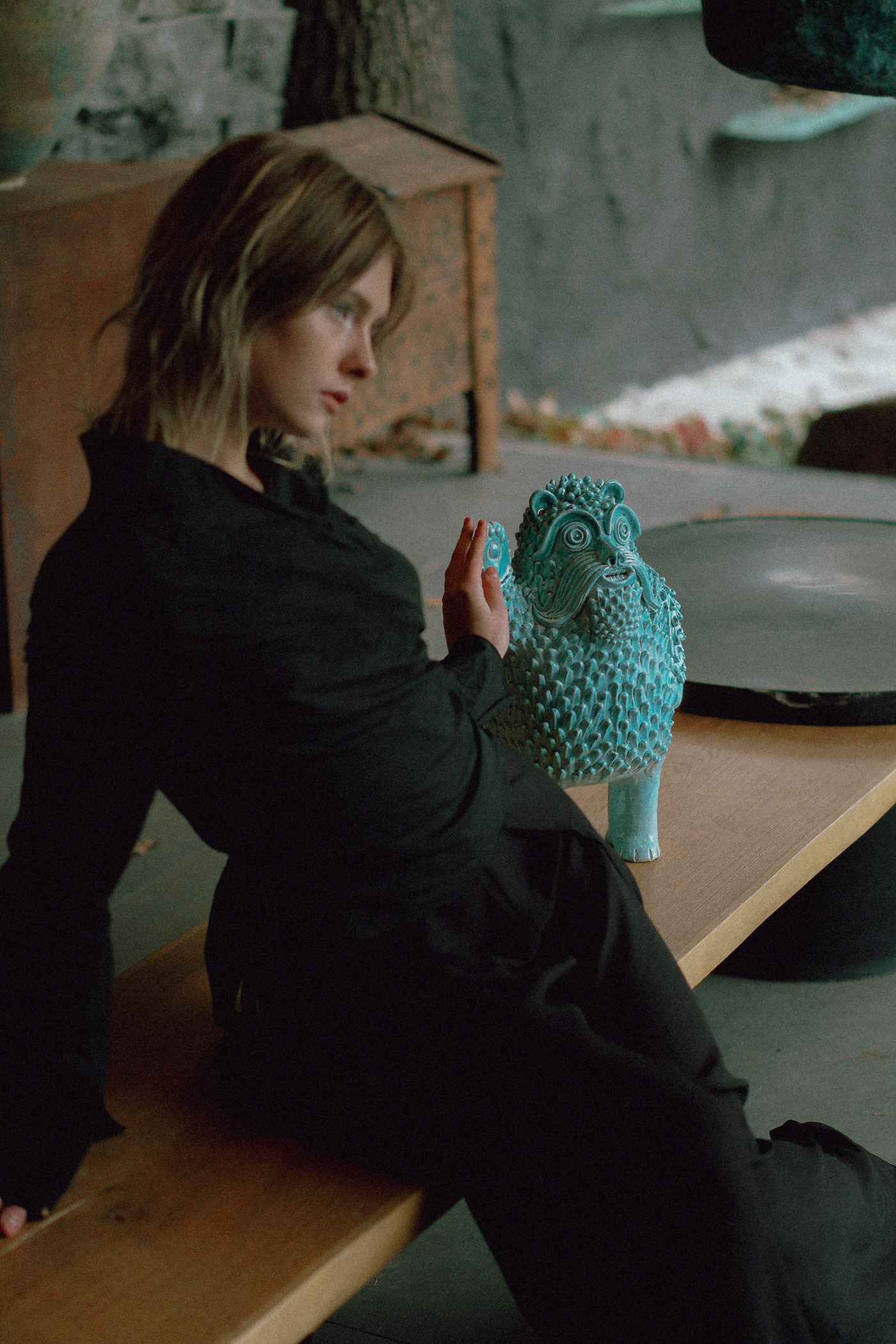
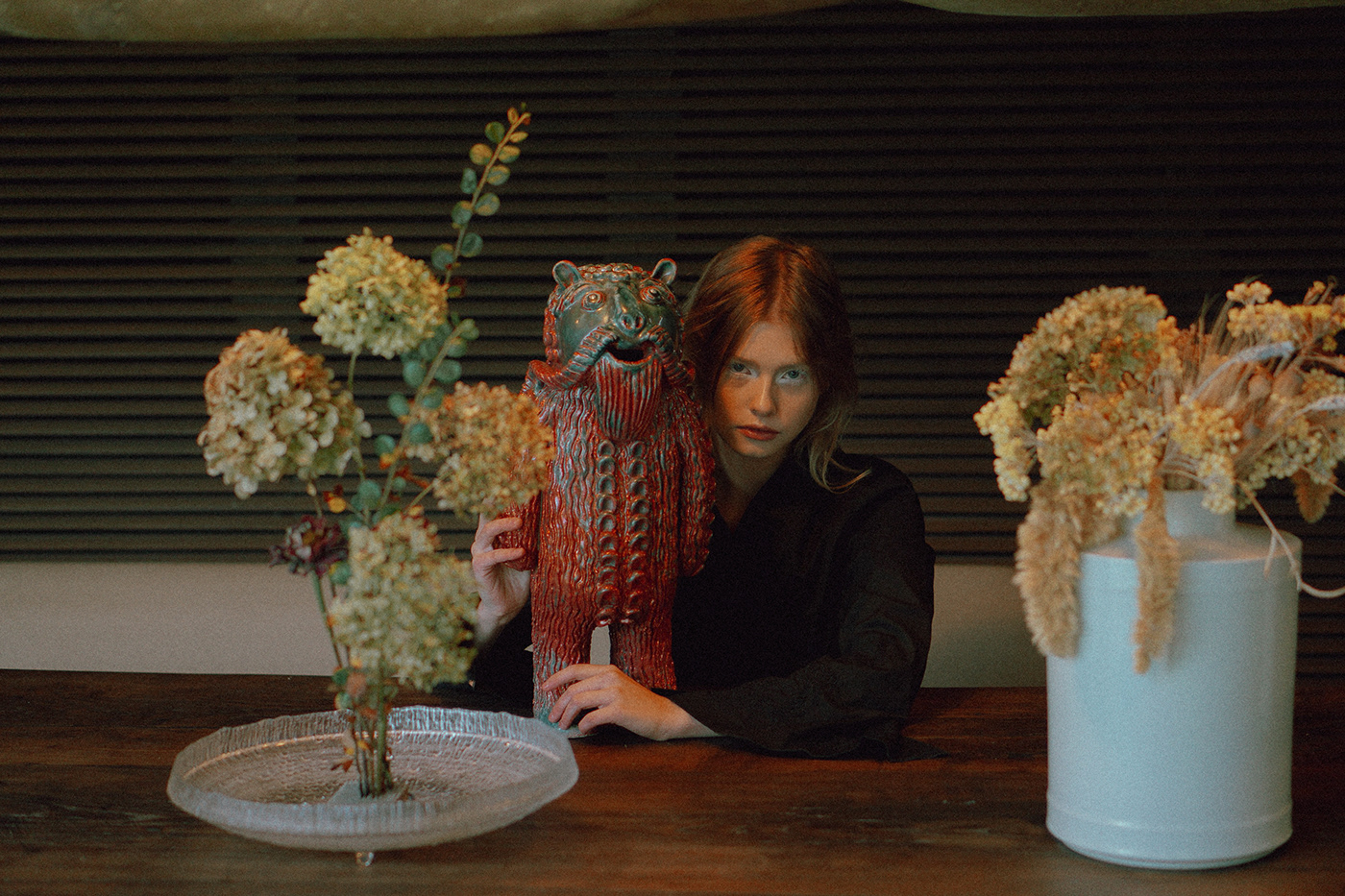
Author
behind the scene
Sergey Makhno Architects is a workshop of contemporary Ukrainian design and architecture that during 16 years of work has completed nearly 600 projects in 17 countries. The company works in three directions: interior design, architecture, and product design. Also, it has its own ceramic production. The studio promotes the style of “Ukrainian contemporary” that combines minimalism, art, Ukrainian traditions, and the Japanese philosophy of wabi-sabi.










Team
behind the scene
Model: Anastasiia Mazhara (1313 Agency)
Style: Dayana Gor`kaya, Lera Ostrianina
Photographer: Maria Pravosud
